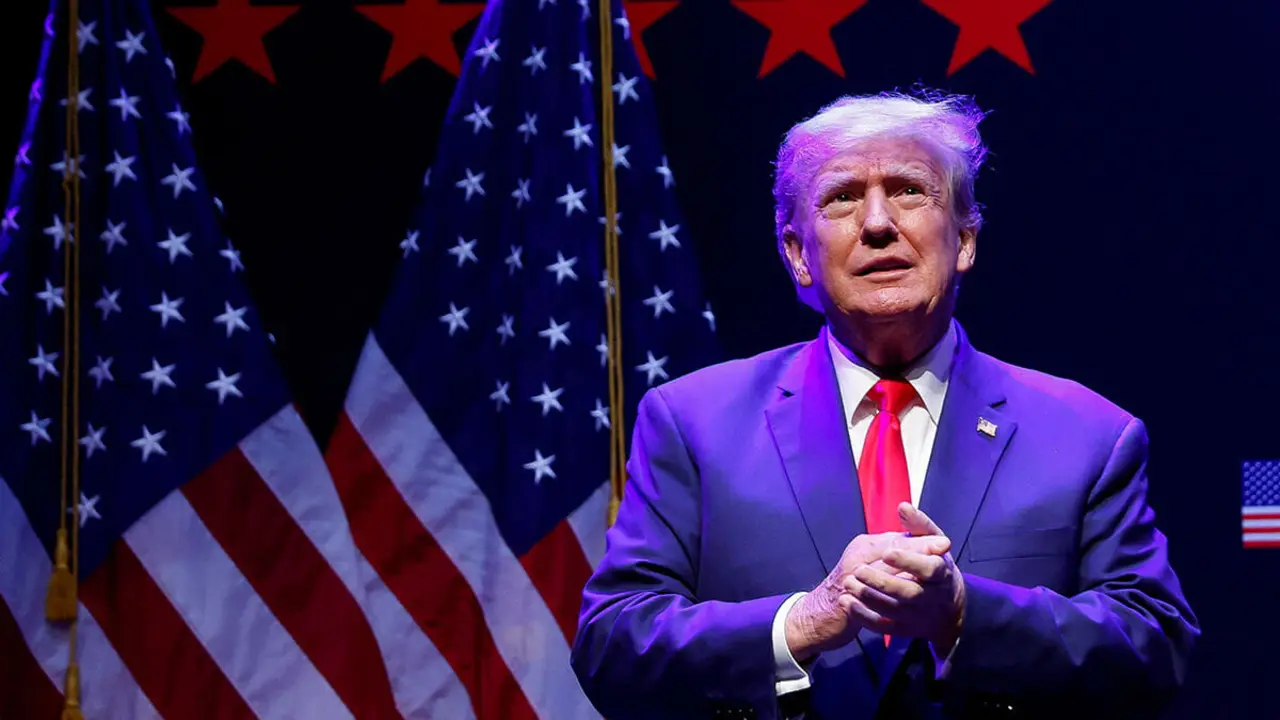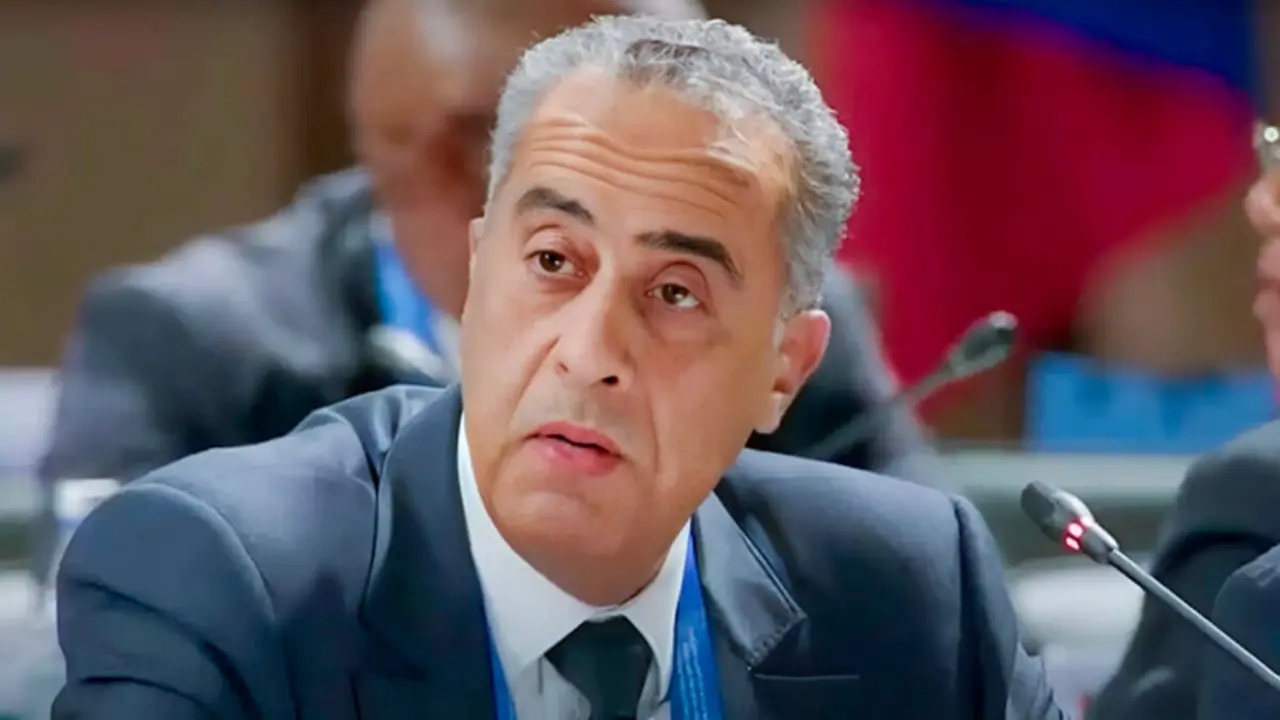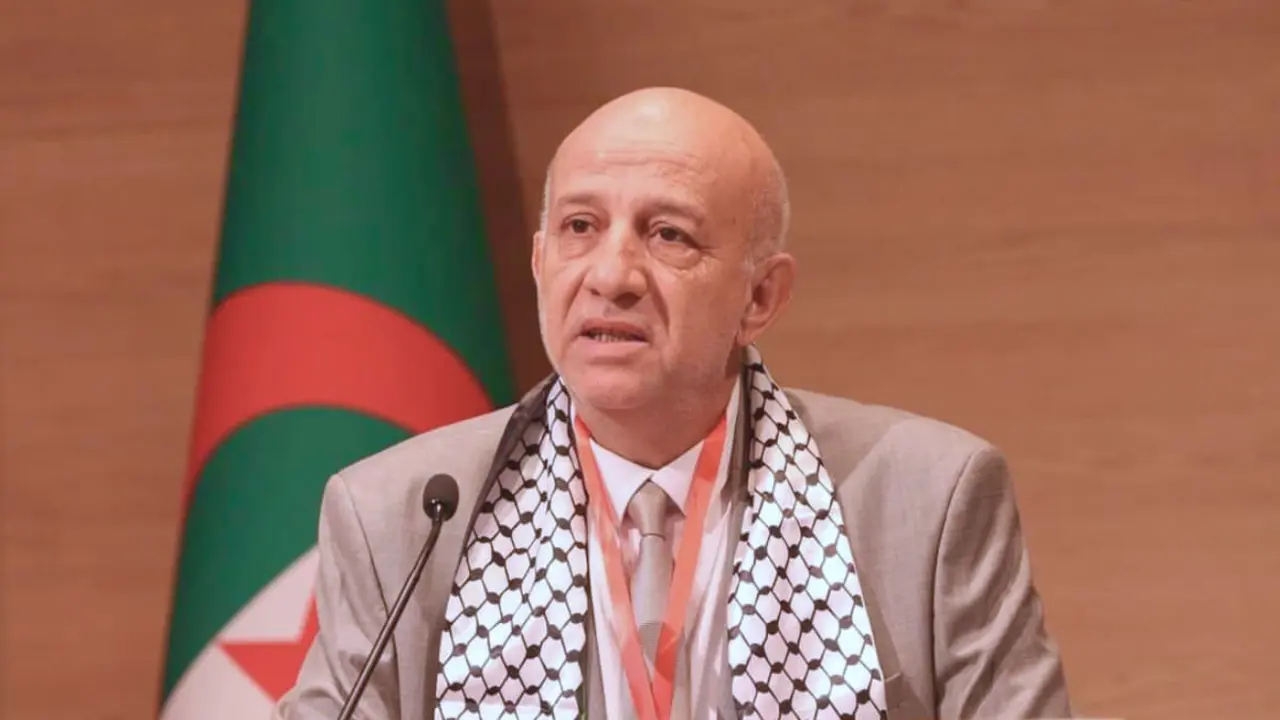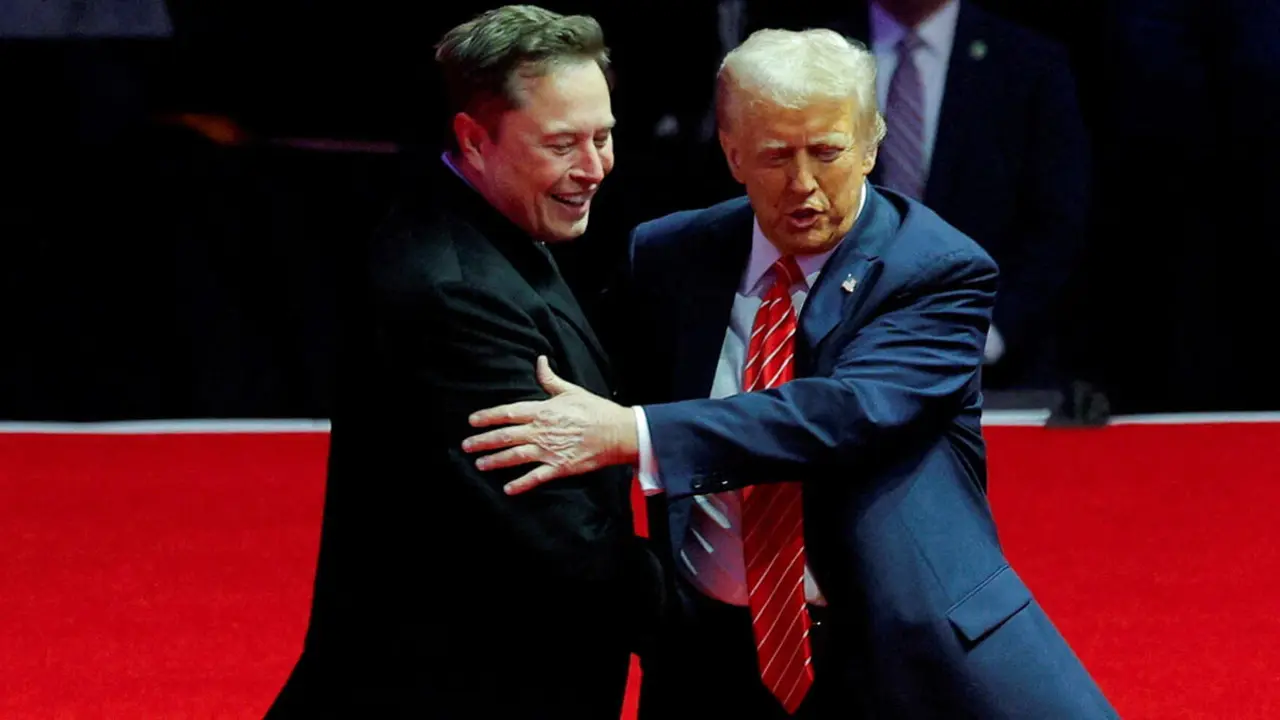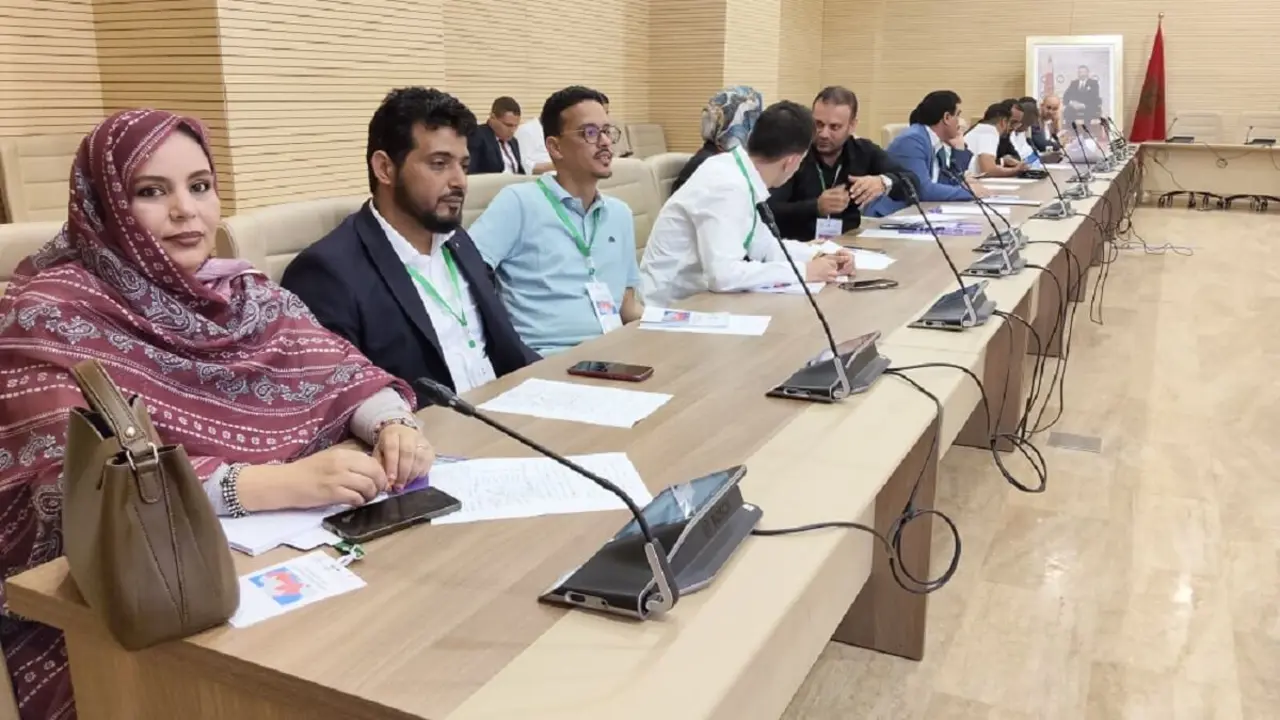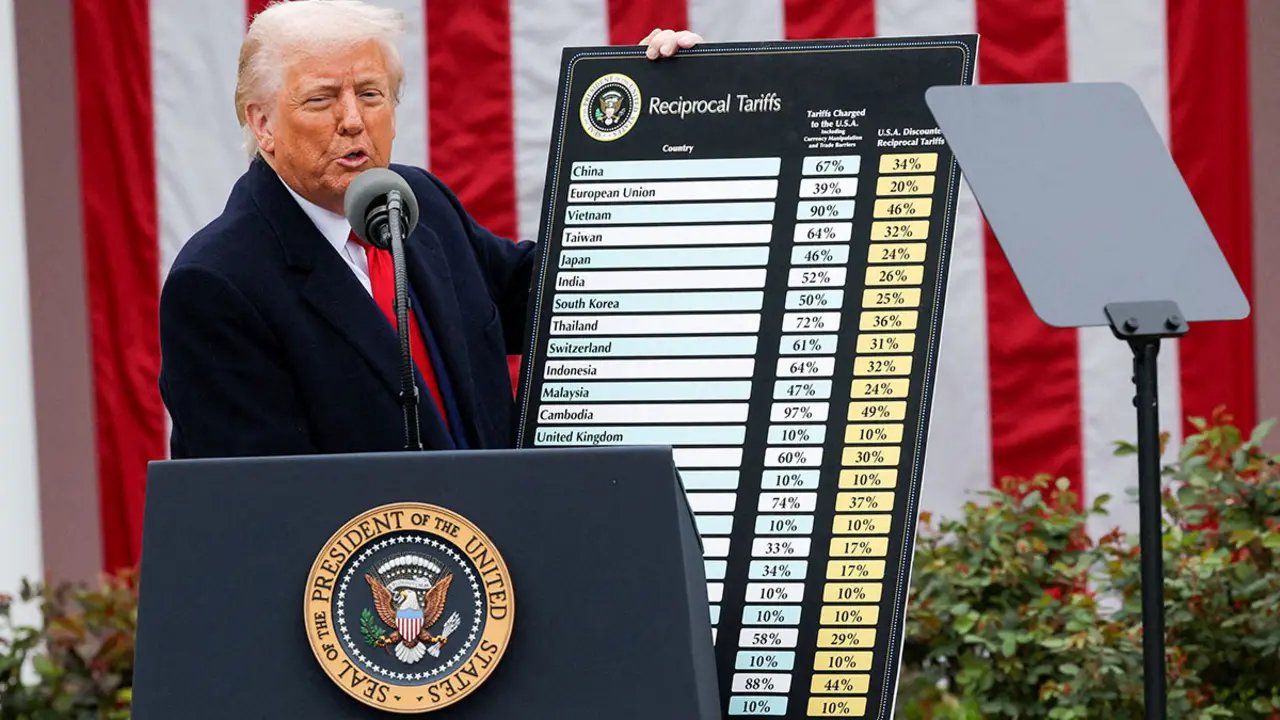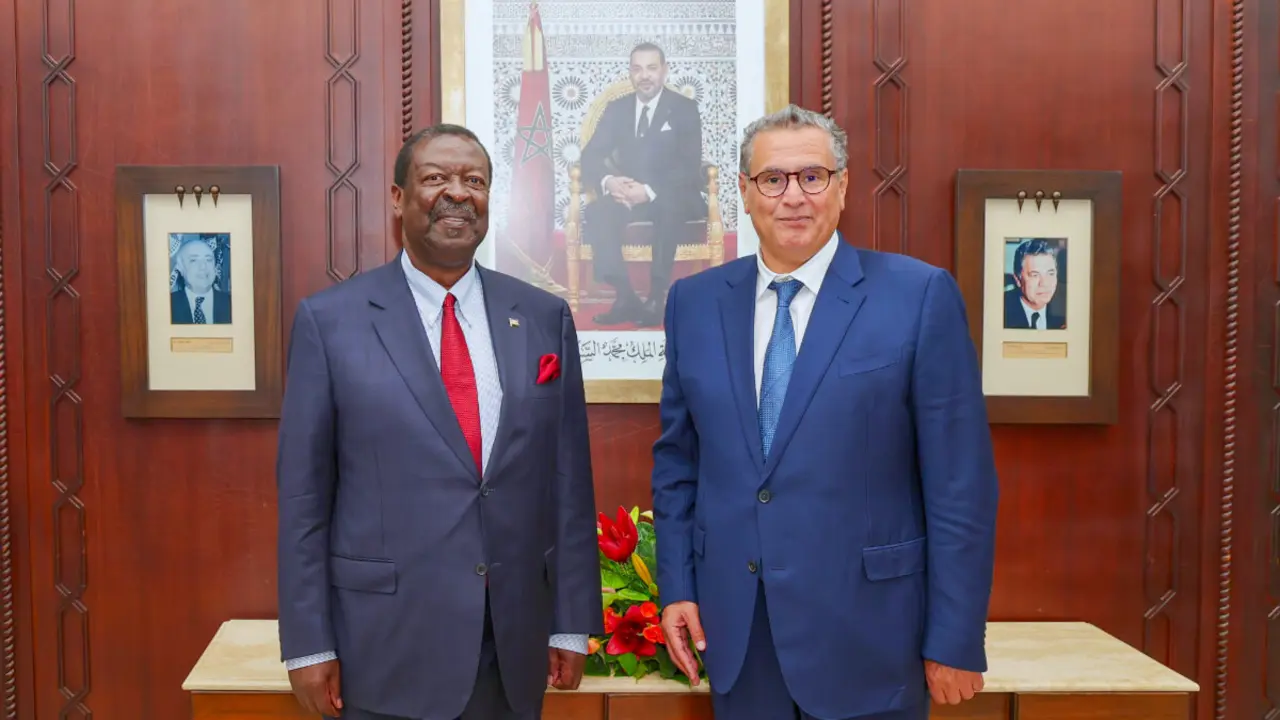NATO chief says he is "concerned" about Turkey's behaviour

NATO Secretary General Jens Stoltenberg of Norway said on Monday he was "concerned" about Turkey's behaviour and violations of democratic rights in the country, a week before a meeting of the alliance's foreign ministers.
"I am very concerned about the differences of opinion (among allies) in the eastern Mediterranean, Turkey's decision to buy the Russian S400 missile defence system and violations of democratic rights in Turkey," he said in a video conference with members of the European Parliament's security and defence subcommittee.
"NATO has 30 different allies, with different geographies, different coalitions of government," he noted. "NATO is a platform for discussion and its role is to reduce tensions. But that doesn't mean there is no reason not to be concerned," he insisted.
Until now, Stoltenberg had downplayed the problems raised by Ankara's behaviour.
"Turkey is an important ally playing a key role in the fight against Daesh, which has suffered a significant number of terrorist attacks and hosts several million refugees," he had said in his account of the 17 February meeting of NATO defence ministers.
NATO Secretary General Jens Stoltenberg acknowledged on Monday that the EU's defence actions in recent years are beneficial to transatlantic security.
"A European Union that spends more on defence, invests in new capabilities and reduces the fragmentation of the European defence industry is not only good for European security, it is also good for transatlantic security," he said during a joint debate in Parliament's Foreign Affairs Committee and Subcommittee on Security and Defence.

He insisted on welcoming the EU's defence efforts, "including the fullest possible participation of non-EU allies in PESCO and the European Defence Fund, to our mutual benefit".
During Donald Trump's previous presidency in the United States, marked by isolationism and unilateralism, the EU club boosted its work in the area of defence and launched initiatives such as Permanent Structured Cooperation in Defence (PESCO), with which those member states that so wish (Spain and 24 other countries) collaborate in EU military projects.
Countries outside the European Union that wish to participate in military projects promoted by EU states that want to collaborate more in defence must meet conditions such as sharing values with the EU, providing added value and having an agreement to share classified data.
While welcoming the EU's initiatives, Stoltenberg pointed out that EU countries account for only 20% of NATO's defence spending.
"So it is obvious that the strong transatlantic bond in NATO remains the cornerstone of Europe's security, now and in the future," he said.
The EU and NATO "can and should intensify cooperation in key areas", including military mobility, the development of new technologies, resilience, combating climate change and protecting the rules-based international order.
"We have much in common. And in a more competitive world, we can achieve more together than we can alone," said the Secretary General, who, in any case, highlighted the collaboration between the EU and the Alliance in areas such as military mobility, irregular migration in the Aegean, cyber-defence and in countries such as Bosnia-Herzegovina, Tunisia, Iraq and Afghanistan.
Despite the pandemic, he said that NATO remains focused on ensuring that the health crisis does not turn into a security crisis, and stressed that with the coronavirus, the threats to the Alliance "have not disappeared".

In this sense, he underlined that already existing trends and tensions "have accelerated", such as Russia's "destabilising" behaviour, terrorism, cyber-attacks, disruptive technologies, the rise of China or climate change.
"No country or continent can face these challenges alone. Not Europe alone, not America alone, but Europe and North America together," he said, going on to refer to the opportunity to open "a new chapter" in transatlantic relations and praising US President Joe Biden's commitment to strengthening NATO.
On the other hand, he praised the extension of the New START treaty, which limits the number of strategic nuclear weapons, but said that this extension should be "the beginning of renewed efforts to address arms control" that include China.
He also admitted he saw no "imminent threat" of military attack by Russia or China against Alliance countries, although he believed that one reason for this was NATO's collective defence principle that if one ally is attacked, all NATO partners must respond.

